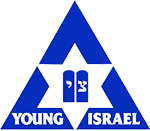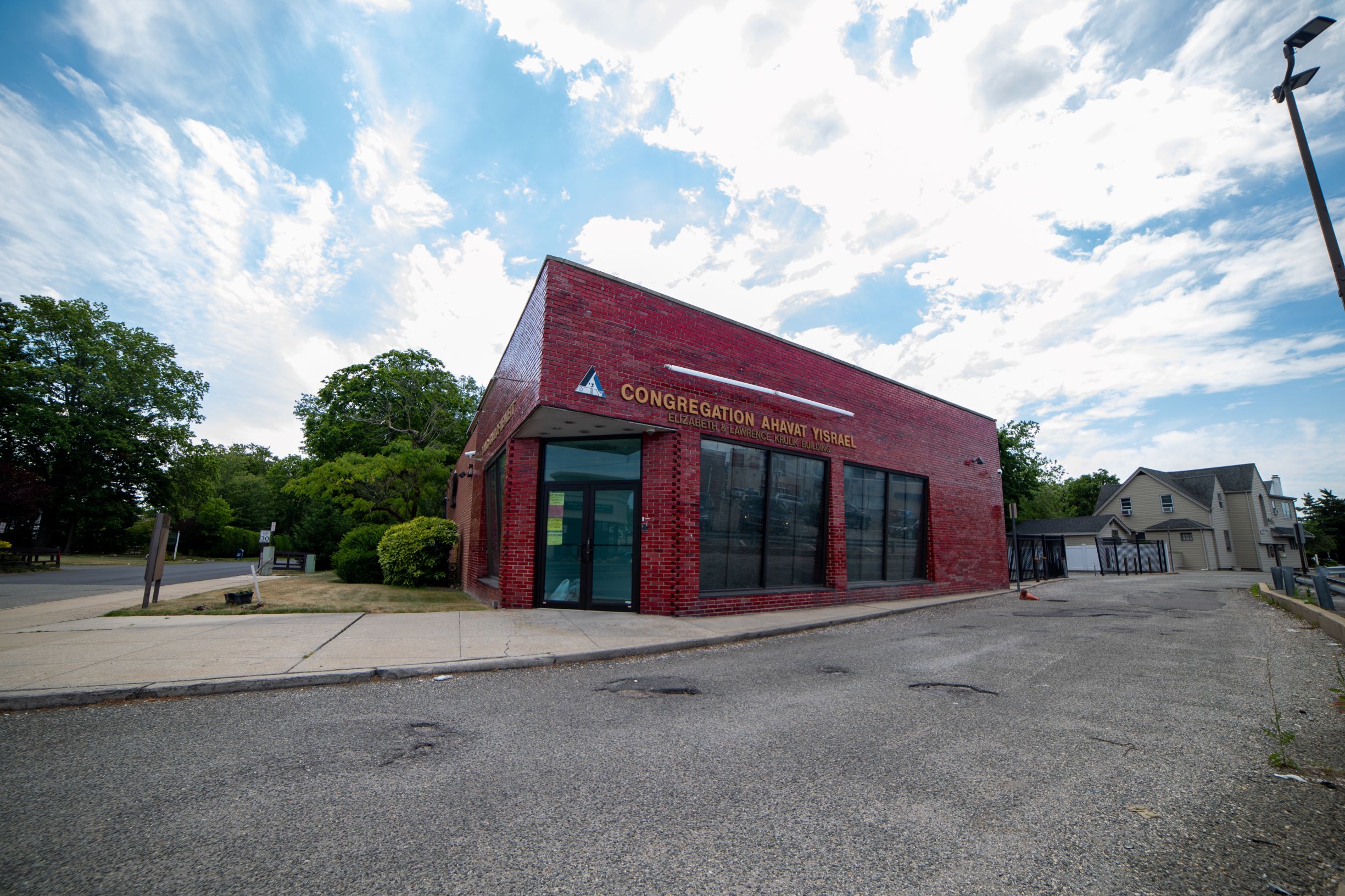
Young Israel Praises Supreme Court’s Decision in Groff V. DeJoy
July 3, 2023
Ruling Provides Greater Protection for Observant Jews and Other Religious Minority Employees; Cites to NCYI’s Amicus Brief
The National Council of Young Israel (NCYI) today applauded the unanimous decision of the United States Supreme Court in Groff v. DeJoy, which more appropriately and fairly interprets a provision of the federal Civil Rights Act that is designed to protect Orthodox Jewish employees and other religious minorities.
In 1972, Congress amended Title VII of the Civil Rights Act to provide that an employer must reasonably accommodate the religious observance or practice of an employee or a prospective employee unless the accommodation results in undue hardship on the conduct of the employer’s business. In Trans World Airlines, Inc. v. Hardison, 432 U.S. 63 (1977), however, the Supreme Court effectively eliminated the protections of this amendment and dealt a significant blow to the idea of workplace accommodation for observant Jews, by interpreting the phrase “undue hardship” to mean anything more than a de minimis cost. As a result, Orthodox Jews continued to be harmed in the workplace.
In its opinion in Groff v. DeJoy, the Supreme Court clarified the meaning of Title VII, unanimously holding that the statute requires an employer to grant a reasonable accommodation to its religious employees unless the employer can demonstrate that the accommodation would cause “substantial increased costs in relation to the conduct of the business.” In so ruling, the Court relied upon the amicus brief submitted by NCYI, in which NCYI argued that under the previous de minimis standard, accommodation for Sabbath observers was left to the goodwill of their employers and co-workers.
The Court cited to NCYI’s amicus brief at page 13 of its opinion, when it noted that that “a bevy of diverse religious organizations has told this Court that the de minimis test has blessed the denial of even minor accommodation in many cases, making it harder for members of minority faiths to enter the job market.” NCYI’s amicus brief was authored by Kate Stith and Nicholas R. Reaves (together with law students) of Yale Law School’s Free Exercise Clinic.
Rabbi David Warshaw, NCYI’s President, said: “NCYI is extremely pleased with the Supreme Court’s decision. We are especially proud that the Court cited NCYI’s amicus brief in reaching its result. We wish to thank Yale Law School’s Free Exercise Clinic for its excellent work on the amicus brief.”
Rabbi Warshaw further noted that “it is particularly gratifying that the Court relied upon NCYI’s amicus brief because the Young Israel movement was founded more than one hundred years ago as an attempt to address various difficulties facing American Orthodox Jews at the time, one of which included mandatory Saturday labor at the workplace.”
“We expect that the Supreme Court’s updated standard for religious accommodation will provide much greater protection to observant Jews and other religious minority employees,” added David Schultz, Chairman of the Board of NCYI and its Legal Committee. “We are also pleased that the Court stressed that animosity to a particular religion or to particular religious practice and expression in the workplace cannot be considered in evaluating an employee’s religious accommodation claim.”
For the past 110 years, the National Council of Young Israel has ably served the broader Jewish community. With more than 25,000 member families and approximately 135 branch synagogues throughout the United States, Canada, and Israel, the National Council of Young Israel is a multi-faceted organization that embraces Jewish communal needs and often takes a leading role in tackling the important issues that face the Jewish community in North America and Israel.
Recent Posts
- 141. June 19th, 2024
- 140. June 5th, 2024
- 139. April 10th, 2024
- 138. March 27, 2024
- Young Israel Statement on President Biden’s Decision to Withhold Arms Shipments to Israel
- Young Israel Letter to President Biden: US Policy Must Support Israel
- 137. March 13, 2024
- 136. January 31, 2024
- 135. November 1, 2023
- National Council of Young Israel Statement on the Death of Captain Daniel Perez
